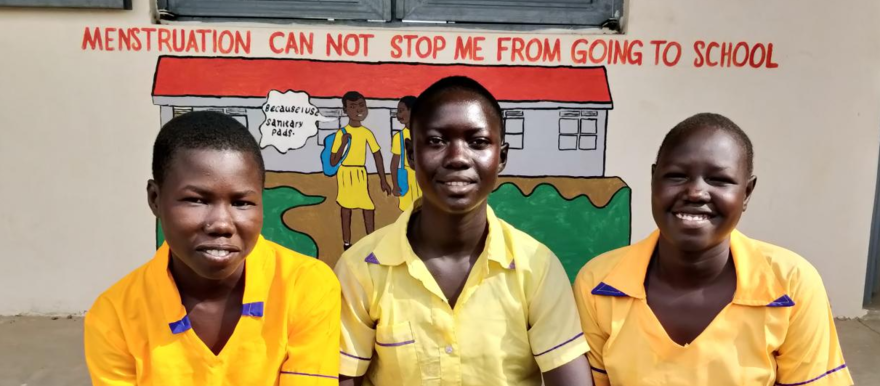A women-led local organization, Women Initiative for Development Organization (WIDO), is using films to create awareness on the dangers of Gender-Based Violence (GBV) among communities in Eastern Equatoria State’s Ikotos County.
Hundreds of students from Ikotos Secondary School on Monday attended a film show at Whittaker Youth Center titled “Understanding GBV in our context today”. The film acted by South Sudanese from Wau in Western Bahr el Ghazal State stars characters involving parents, students, chiefs, NGOs, health workers, and law enforcement personnel among others.
Ohide John Gabriel, the WIDO program, said the organization is using films as tools of awareness to ensure grassroots people get practical messages to reduce gender-based violence in schools and the community.
“Today (Monday), we have a film streaming on gender-based violence in one of the secondary schools here in Ikotos. Film streaming is one of the awareness that we are doing on GBV,” Ohide explained. “We called students from this school to come and watch a film on GBV, then after they watch the video, we interact on what they learned.”
He urged local authorities and the communities to report GBV cases as a means of reducing the vice.
“We are trying to combat and reduce GBV or any bad practice against women or girls. That is why we try our best to raise awareness to girls about harmful practices that men perpetrate on them. The majority of our girls are in school that is why we target students so they know the harmful practices in gender-based violence or GBV,” he added.
Stella Achiro Lino, a student of Ikotos Secondary School who attended the show, said she learned the negative impacts of early marriage.
“It (early marriage) is very bad because it is not a right time for a girl to be married, a girl needs first to go for studies then other things will follow after that. If the husband is not educated, poverty will continue in that family,” Achiro said. “Your colleagues who succeeded will laugh at you. I learned a lot of things. I want to ask that this awareness be continued so that we advise our parents because they are the ones causing this by forcing us to marry before our time comes.”
Lokang John Lokang, another student, said: “The bad thing I saw from that film is that at the beginning things go well but later misunderstandings start. I do not encourage early and forced marriage for a girl of 17 years because she still thinks like a child.”
A student, Susan Morwo Moses, said she learned about rape, suicide, and other vices that happen in society and believes parents should allow the girl child to complete her education.
“GBV is not good in our community and we have to stop it by advising the communities that we should not encourage or give our daughters to rich men. If they say girls are the source of wealth, then we have to advise them to let their daughters study for us to get more wealth,” Marwo said. “For example, if your daughter studies and completes university, she will get a good job and you will get more than the bride price when you marry her off early.”
Communities in Eastern Equatoria State, especially the cattle-keeping ones, practice forced and early marriages for girls. The Otuho ethnic group particularly still uses young girls as compensation for murder.
Article 15, part 2 of the bill of rights says every person of marriageable age shall have the right to marry a person of the opposite sex and to found a family according to their respective family laws, and no marriage shall be entered into without the free and full consent of the man and woman intending to marry.




